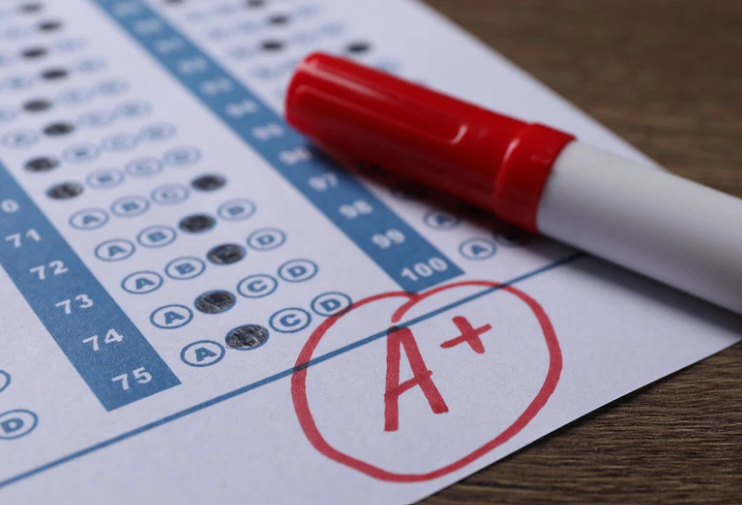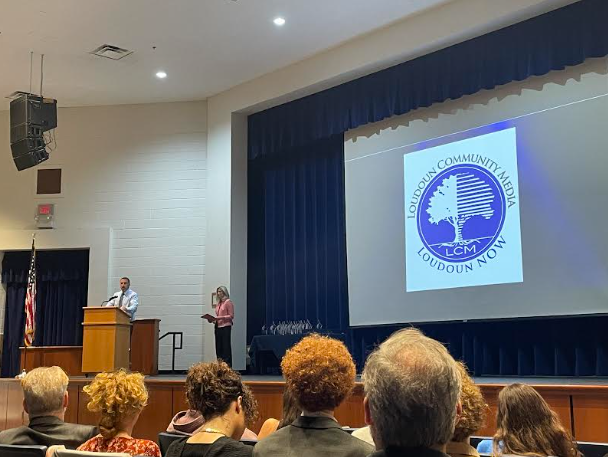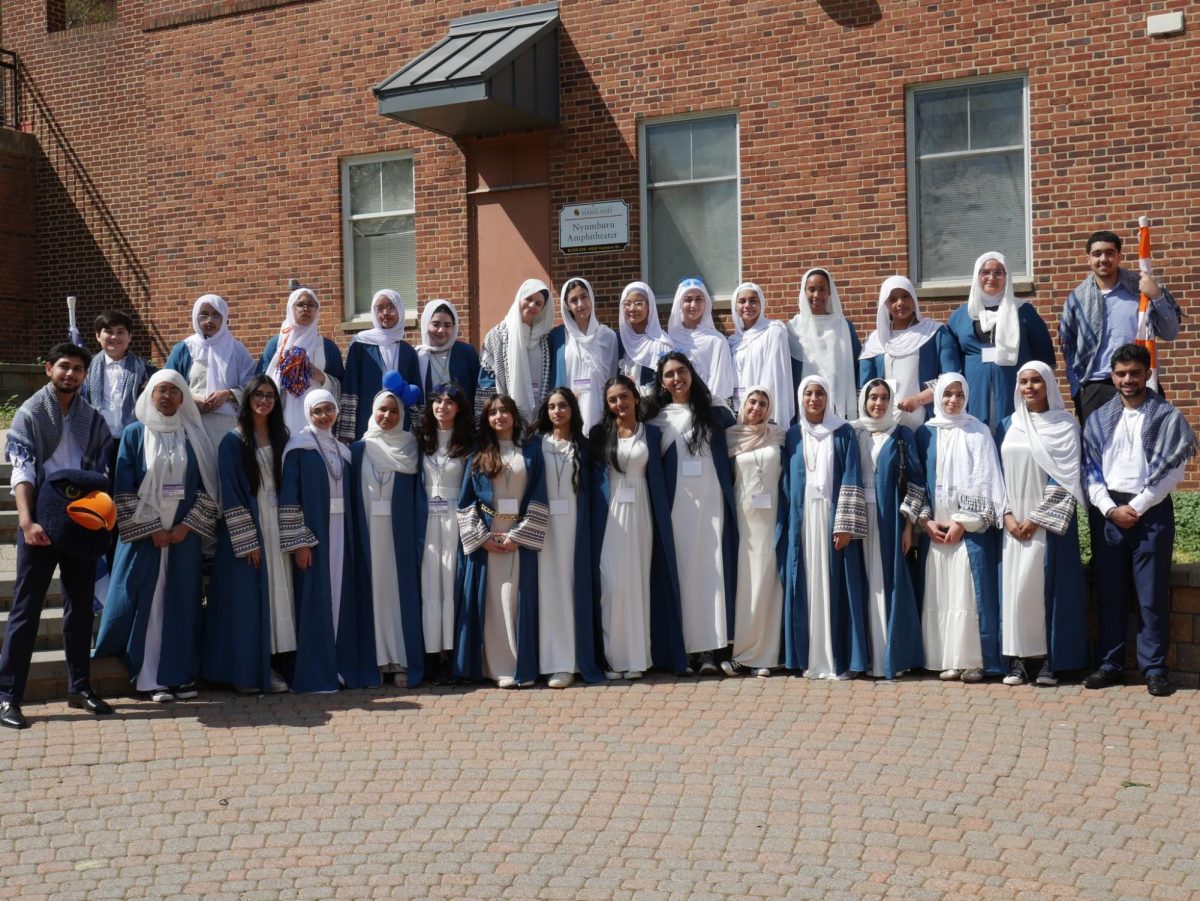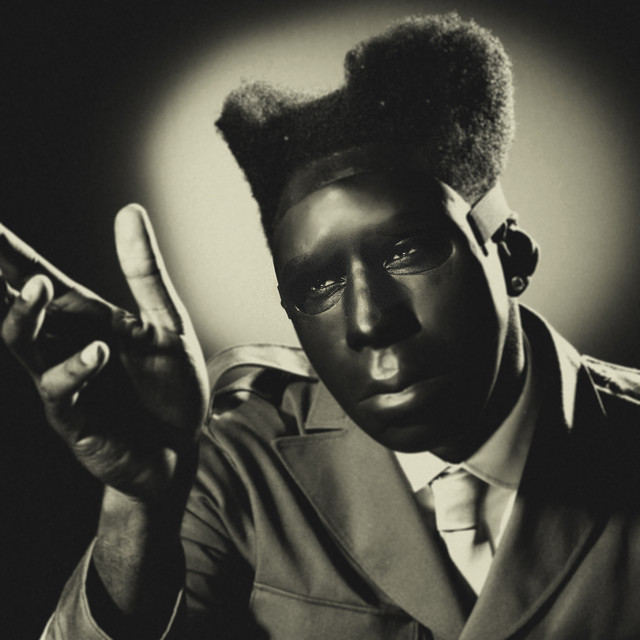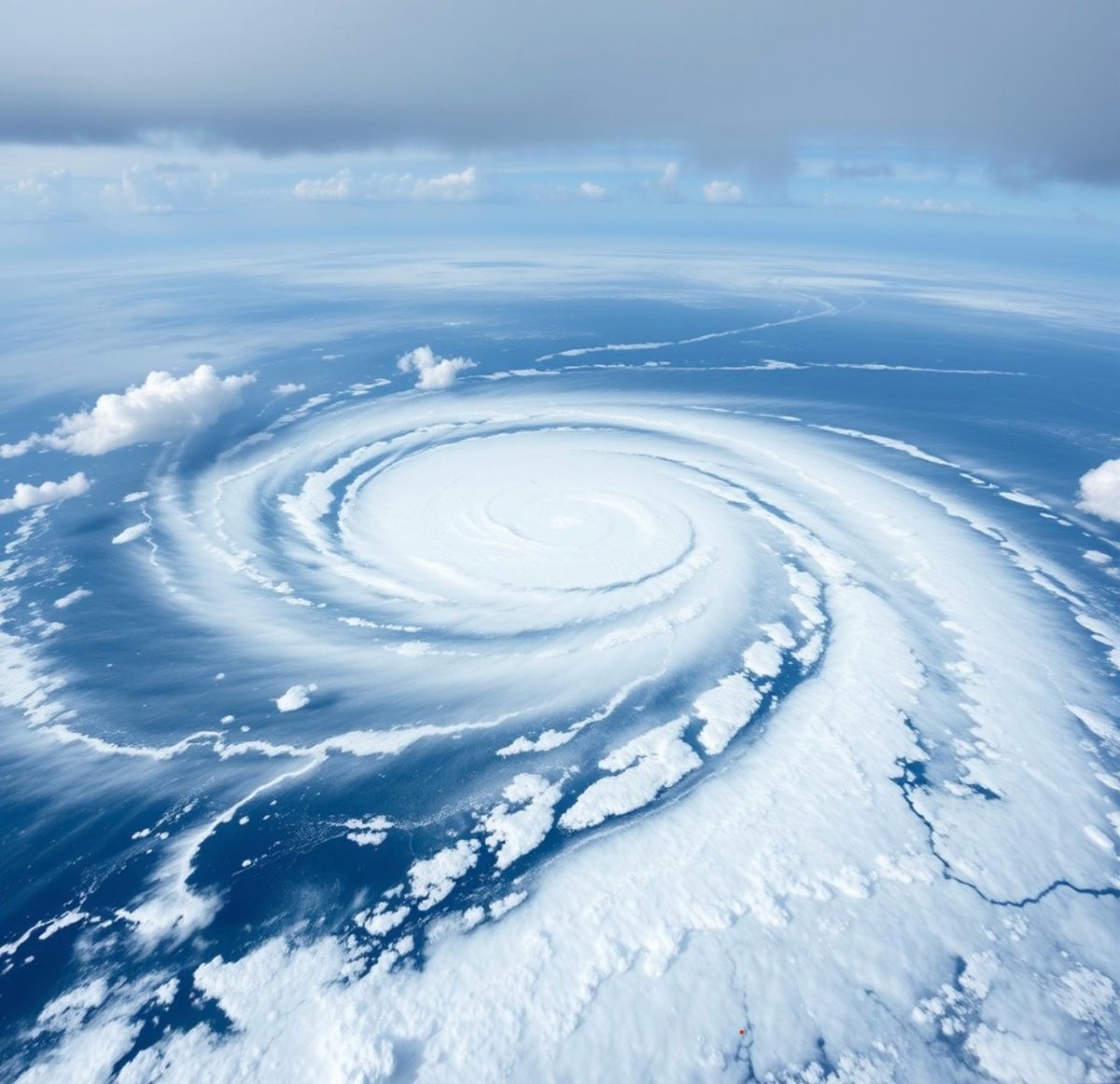A rare November hurricane, named Rafael, struck Cuba on Nov. 8 with 120 mph winds leaving a trail of chaos in its wake, marking the seventeenth storm in the 2024 hurricane season. Rafael is the first major hurricane in the Gulf of Mexico in over 40 years. As reported by NBC news, “Rafael is now tied with Hurricane Kate in 1985 as the strongest storms recorded in the Gulf.”
In the aftermath of the hurricane’s landfall, Cuban president Miguel Díaz-Canel visited areas affected by the storm and spoke with workers attempting to fix the electricity towers knocked over by the category 3 winds.
However, this power outage was not limited to just areas affected by the storm. The country’s entire power system went down, leaving over 10 million citizens in the dark. Mass evacuations took place, with over 283,000 people in total, 98,300 being from the capital city, Havana. Some citizens in the capital sought refuge in hotels with their own generators. In an interview with the Associated Press, a local resident stated “The hotel offered, in solidarity, the power from their power plants to the neighbors so that people could charge their mobile phones and their lamps.”
Cuba’s agriculture industry took the hardest hit, with farmers forced to start from scratch after losing much of their crops and livestock. This is only exacerbating the country’s severe economic crisis, the worst one in decades. Without power, the farmers have no way to irrigate the remaining crops or replant new ones. Government officials have stated that progress is being made in restoring power to some of the provinces, yet the clock is ticking for the farmers who need electricity to support their livelihoods.



